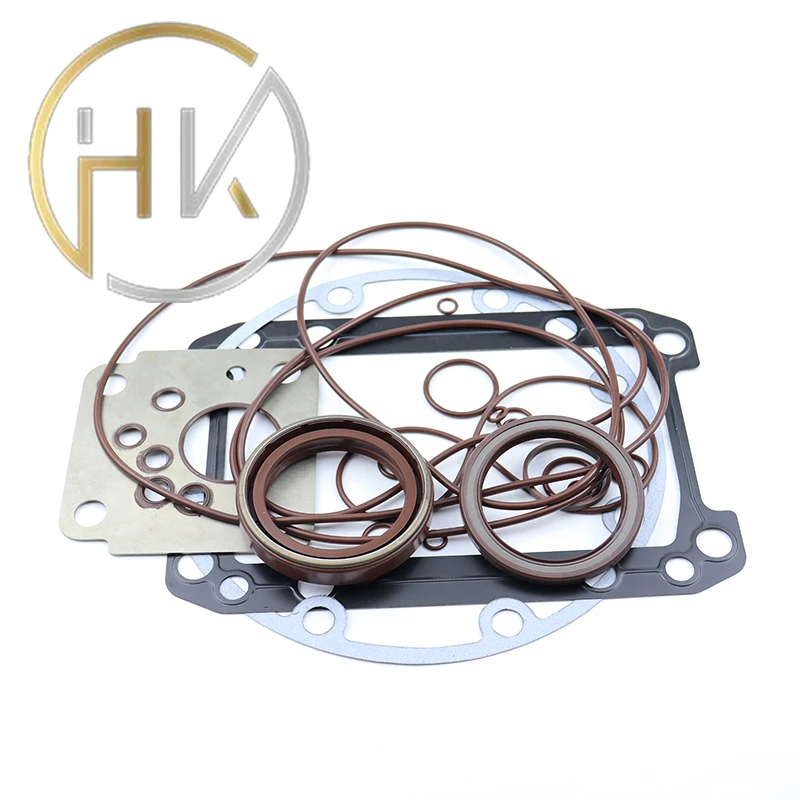ພ.ຈ. . 30, 2024 04:49 Back to list
High-Temperature Oil Seals for Enhanced Performance and Durability in Industrial Applications
Understanding High Temperature Oil Seals An Essential Component in Modern Machinery
In modern industrial applications, the need for durable and efficient components is paramount. One such component that plays a critical role in the functionality and longevity of machinery is the high temperature oil seal. Engineered to withstand extreme temperatures and pressures, high temperature oil seals are essential for preventing leaks and ensuring the smooth operation of engines, pumps, and various mechanical systems.
What is a High Temperature Oil Seal?
A high temperature oil seal is a sealing device designed to retain lubricants and prevent contaminants from entering machinery components. These seals are typically made from specialized elastomers, rubber compounds, or composite materials that can endure elevated temperatures, often reaching up to 200°C (392°F) or even higher, depending on the application. High temperature oil seals come in various designs, including single-lipped, double-lipped, and U-cup seals, allowing for flexibility in different mechanical environments.
Importance of High Temperature Oil Seals
1. Leak Prevention One of the primary functions of oil seals is to prevent oil leakage. In high-temperature applications, conventional seals may fail due to thermal degradation or softening of the material. High temperature oil seals are specifically formulated to retain their structural integrity under demanding conditions, thus effectively preventing leaks that could lead to machinery failure.
2. Contaminant Exclusion In addition to retaining oils and lubricants, high temperature oil seals also block dirt, dust, and other contaminants from entering sensitive areas within machinery. This contamination can lead to increased wear and tear, reducing overall equipment lifespan. High temperature seals function effectively to keep such harmful elements at bay, ensuring a longer operational life.
high temp oil seal

3. Energy Efficiency Leaks in machinery not only lead to loss of lubricants but also result in energy inefficiency. Oil leaks can create friction, which requires additional energy to overcome, thus causing increased operational costs. By employing high temperature oil seals, industries can improve energy efficiency and reduce operational costs through minimized leakage.
4. Versatility in Applications High temperature oil seals are utilized in various applications, including automotive engines, aerospace machinery, chemical processing equipment, and heat exchangers. Their ability to withstand harsh conditions makes them indispensable in high-performance environments where reliability and durability are critical.
Material Considerations
The effectiveness of high temperature oil seals is largely dependent on the materials used in their construction. Common materials include fluorocarbon elastomers, silicone rubber, and polyacrylate. Each material offers unique properties suitable for different operational needs and temperatures. For instance, fluorocarbon seals excel in environments with aggressive chemicals, while silicone rubber is preferred for its high elasticity and temperature resistance. Manufacturers often collaborate with engineers to select the optimal material based on the specific application requirements.
Conclusion
High temperature oil seals are vital components in modern machinery that contribute to operational efficiency, reliability, and longevity. Their ability to withstand extreme conditions while preventing leaks and keeping contaminants at bay makes them indispensable in various industrial applications. As technology advances, the design and materials used in high temperature oil seals continue to evolve, enhancing their effectiveness further. For industries relying on heavy machinery, investing in quality high temperature oil seals is not merely a choice—it’s a necessity for maintaining peak performance and minimizing downtime. Thus, understanding their significance and ensuring the right selection can lead to substantial benefits, including cost savings and improved productivity.
-
TCN Oil Seal Metal Ring Reinforcement for Heavy Machinery
NewsJul.25,2025
-
Rotary Lip Seal Spring-Loaded Design for High-Speed Applications
NewsJul.25,2025
-
Hydraulic Cylinder Seals Polyurethane Material for High-Impact Jobs
NewsJul.25,2025
-
High Pressure Oil Seal Polyurethane Coating Wear Resistance
NewsJul.25,2025
-
Dust Proof Seal Double Lip Design for Construction Equipment
NewsJul.25,2025
-
Hub Seal Polyurethane Wear Resistance in Agricultural Vehicles
NewsJul.25,2025
-
The Trans-formative Journey of Wheel Hub Oil Seals
NewsJun.06,2025
Products categories
















